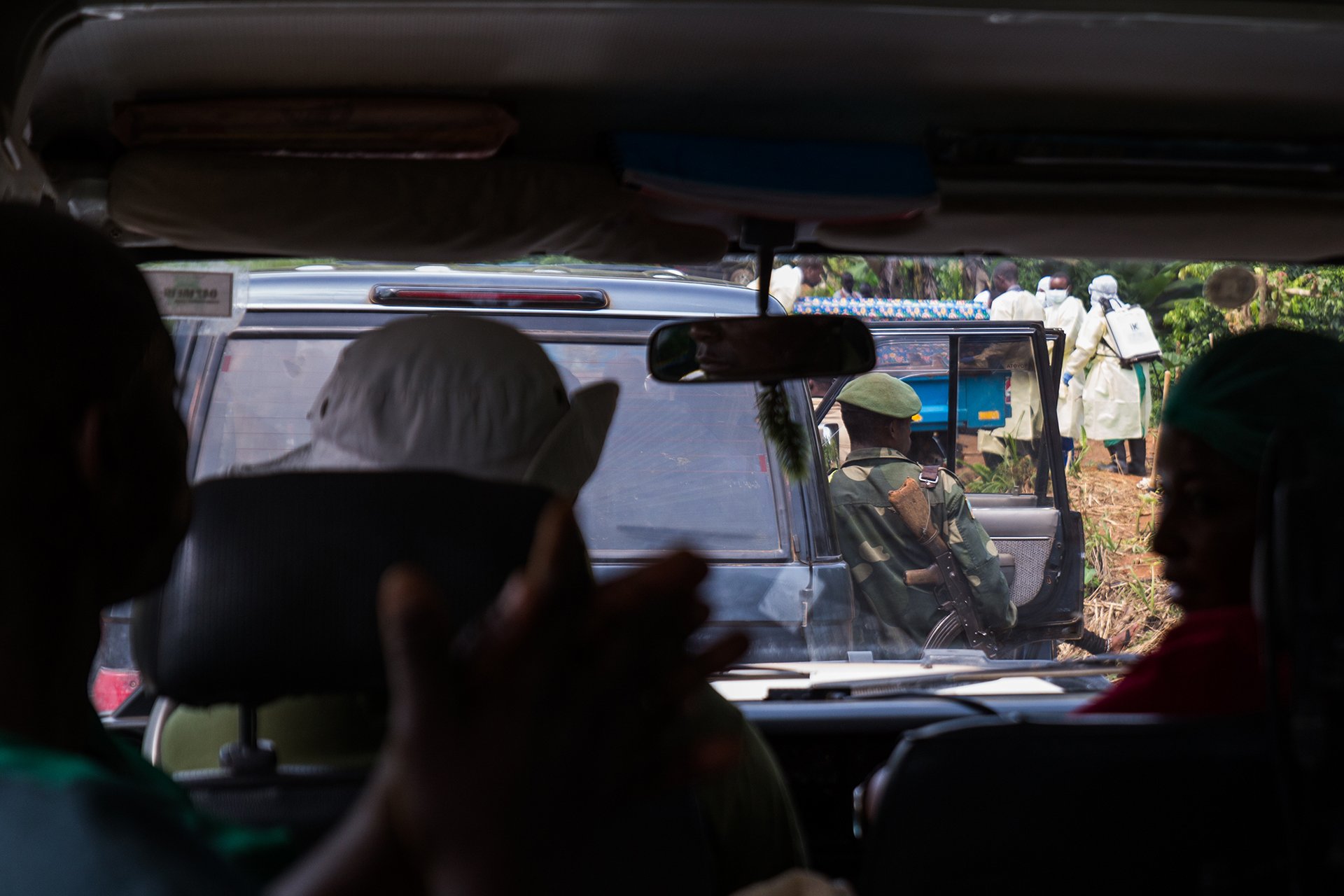The rapid spread of the new coronavirus in China and beyond has grabbed the world’s attention over the last month. But the threat of infectious diseases is already on the humanitarian radar as a growing source of crises.
The UN’s World Health Organisation this week launched a $675 million response plan for the coronavirus. Most of the money is earmarked to help countries with weaker health systems prepare.
“My biggest worry is that there are countries today who do not have the systems in place to detect people who have contracted with the virus,” the WHO’s director-general, Tedros Adhanom Ghebreyesus, said in launching the plan in Geneva.
The global aid sector is still figuring out how to respond to the emerging disease – for now called the “2019‐nCoV acute respiratory disease”. But other infectious diseases continue to complicate existing humanitarian emergencies.
From Ebola and cholera to measles and polio, diseases are adding new complexities to crises and testing assumptions on how to respond.
The UN says infectious diseases are among a few key trends – along with climate change and debt in low-income countries – that could drive humanitarian needs in the coming years. The risk posed by infectious diseases is also one of the 10 crises and trends we’re watching this year.
Here’s a selection of stories exploring emerging issues in humanitarian disease response:

Ready or not? Africa and the coronavirus
Africa has so far been spared the spread of the coronavirus – the race is now on to provide kits to identify the microbe should it make landfall.

How Ukraine is grappling with a rapid uptick in measles
A surge in vaccine-preventable measles across the globe is fuelled in part by misinformation, poor health services, and conflict. Ukraine’s outbreak has all three.
Afghanistan battles polio: Rumours, mistrust, and negotiating with the Taliban
The front line of Afghanistan’s fragile war on polio runs through militant-controlled territory. Can health responders broker consistent access?

How Congo’s ‘militarised’ Ebola response has fuelled community resistance
Government security forces are meant to help the Ebola response, but residents say heavy-handed actions are making the situation worse.

First Person: Mosul made me see the threat of antibiotic-resistant infections
Complicated care, isolation, surgeries, and the mental toll: what a week in Mosul taught an epidemiologist about the growing threat of antibiotic-resistant infections.

What is humanitarian deconfliction?
Attacks on health workers are also a threat to containing outbreaks, especially if they destroy or shut down clinics and vital services. Here’s how aid agencies try to avoid getting bombed in Yemen and Syria.

Opinion: Race, epidemics, and the viral economy of health expertise
The coronavirus is new, but not the toxic narratives around it.






